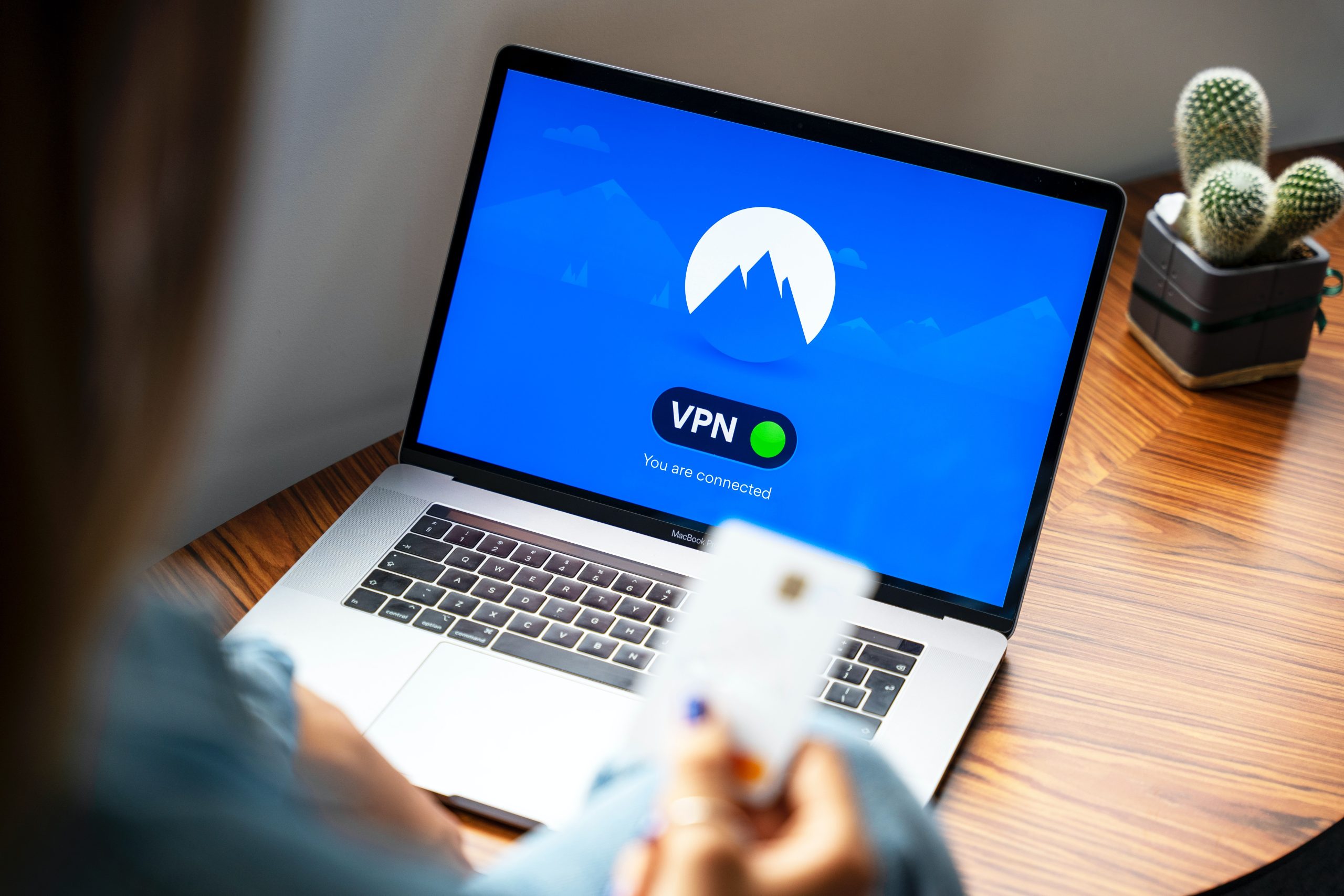As internet usage continues to grow, so does the need for secure online connections. Virtual Private Networks (VPN) have become a popular solution for those looking to enhance their online privacy and security. However, with the burgeoning popularity of VPN browser extensions, there’s often confusion about what exactly differentiates them from traditional VPN services.
In this article, we’ll delve into the differences between VPN services and VPN browser extensions and explore which option might be better suited for your needs. Whether you’re concerned about internet privacy or simply want to access geo-restricted content without restrictions, understanding these fundamental differences will help you make an informed decision when choosing your preferred method of browsing securely and anonymously on the web.
- Explaining the need for online privacy
- What is a VPN?: Definition and how it works
- What is a VPN Browser Extension?: Definition and how it works
- Differences between VPN and VPN Browser Extension: Comparison
- Pros and Cons of using both options: Advantages and disadvantages
- Which one should you choose? Factors to consider
- Conclusion: Final thoughts on online privacy
Explaining the need for online privacy
A VPN (Virtual Private Network) and a VPN browser extension are both tools that help protect your online privacy. However, they differ in their functions and capabilities. A VPN is a service that creates an encrypted connection between your device and the internet, allowing you to browse anonymously and securely. It can be used on any device, including laptops, smartphones, and tablets.
On the other hand, a VPN browser extension is an add-on to your web browser that encrypts your internet traffic only while using that specific browser. It doesn’t offer the same level of protection as a full-fledged VPN since it only secures web traffic within the browser instead of all internet activity on your device.
Both options have their pros and cons, depending on what kind of online activities you engage in regularly. If you’re looking for complete anonymity online or frequently use public Wi-Fi networks, then a full-featured VPN may be more suitable for you. However, if you just want to secure browsing sessions while using one particular web browser without affecting other apps or devices connected to the same network, then a VPN browser extension could be sufficient for your needs.

What is a VPN?: Definition and how it works
A Virtual Private Network (VPN) is a technology that allows users to connect to a private network over the public internet. In simpler terms, it creates a secure and encrypted connection between your device and the internet. A VPN works by routing your internet traffic through a remote server and encrypting it before sending it back to you. This ensures that your online activities are hidden from prying eyes, including hackers, government surveillance agencies, and even your Internet Service Provider (ISP).
On the other hand, a VPN browser extension is an add-on that you can install on your web browser to encrypt only the traffic within that browser. Unlike a full-fledged VPN service, which directs all traffic from your entire device through its server network, browser extensions create an encrypted connection only for data passing through their respective browsers. Therefore, using a VPN browser extension is ideal if you want to protect yourself when browsing the web but do not need encryption for other apps or services on your device. However, if you want complete privacy protection for all of your online activities or want access to geo-restricted content worldwide, then opting for a full-fledged VPN service is recommended.
What is a VPN Browser Extension?: Definition and how it works
A VPN (Virtual Private Network) is a service that creates a secure and private network connection between your device and the internet. It encrypts all your internet traffic and routes it through a remote server, making it difficult for anyone to intercept or track your online activities. A VPN browser extension, on the other hand, is an add-on or plugin for your web browser that allows you to use VPN services directly from within your browser.
The main advantage of using a VPN browser extension is convenience. Instead of having to install separate software on your device, you can simply add the extension to your preferred web browser. This makes it easier to switch between different servers and locations, as well as enabling you to access geo-restricted content from anywhere in the world.
However, there are also some limitations when using a VPN browser extension compared to a full VPN service. For instance, most extensions only encrypt data sent through the browser while leaving other applications exposed. Additionally, they may not provide as strong security features as dedicated VPN software and may be more vulnerable to data leaks or hacking attempts.
Differences between VPN and VPN Browser Extension: Comparison
VPN and VPN browser extension are two different technologies used to secure online activities. While both provide some level of security, there are significant differences between them. A VPN is a standalone software that encrypts all traffic from your device and routes it through a remote server before reaching the intended destination. This means that any website you visit or data you send/receive is encrypted, ensuring maximum privacy and security.
On the other hand, a VPN browser extension only encrypts your web traffic within the browser application, leaving all other internet activity unprotected. When using a VPN browser extension, only your browsing history will be hidden from prying eyes while your IP address and other identifying information remain exposed.
Another key difference between these two technologies is their level of complexity. A VPN requires installation and may come with advanced configurations options like protocols choices, kill switches etc., whereas a VPN browser extension can be installed as quickly as any ordinary add-on without any setup required.
In conclusion, while both have their advantages over traditional browsing methods; choosing either of them depends on what kind of protection you want for yourself when surfing online. If you want complete anonymity for all internet activities choose a standalone VPN service while if you just need to protect your browsing session then opt for an easy-to-use browser extension instead.

Pros and Cons of using both options: Advantages and disadvantages
A Virtual Private Network (VPN) is a secure and encrypted connection between your device and the internet. It routes your internet traffic through an encrypted tunnel to protect your online activity from prying eyes. A VPN browser extension, on the other hand, is a simplified version of a VPN that only encrypts your web browsing data.
One advantage of using a VPN over a VPN browser extension is that it provides comprehensive privacy protection for all your online activities beyond just web browsing. With a VPN, you can access restricted content, hide your IP address, and keep yourself safe from hackers or government surveillance agencies. However, installing and configuring a full-fledged VPN can be complex and may slow down your internet speed.
On the other hand, using a VPN browser extension is easy to set up and use. It’s also lightweight compared to regular VPN software, which means it has less impact on your system resources. However, it only encrypts data that passes through the browser- not any other applications running on your device such as email clients or messaging apps. This makes it less secure than using an actual VPN service if you’re concerned about privacy beyond just browsing the web.
Which one should you choose? Factors to consider
When it comes to choosing between a VPN and a VPN browser extension, there are several factors that one should consider. First and foremost, the level of privacy and security required is crucial. While both options provide some level of protection, a VPN offers more comprehensive security measures as it encrypts all internet traffic from the device to the server.
Another factor to consider is convenience and ease of use. A VPN browser extension is typically easier to use as it can be added as an extension to your web browser without having to install additional software on your device. However, this also means that only internet traffic through the web browser will be encrypted while other applications’ traffic remains unencrypted.
Lastly, cost is another significant factor when deciding between a VPN or a VPN browser extension. Typically, most VPN services require subscription fees while some browser extensions are free of charge or offer limited features at no cost. Ultimately, it’s essential to weigh each factor carefully before making a decision based on individual needs and priorities.
Conclusion: Final thoughts on online privacy
In conclusion, online privacy has become a critical concern for internet users globally. With hackers and cybercriminals devising new methods of stealing personal information, it is necessary to take proactive measures to safeguard oneself when browsing the web. VPNs and VPN browser extensions are two options that individuals can use to protect their online privacy.
While both offer a level of protection, there are some key differences between them. A VPN encrypts all traffic passing through your device and reroutes it through its servers before delivering it to the intended website or service. On the other hand, a VPN browser extension only encrypts traffic within the browser window and doesn’t affect other applications’ traffic on your device.
Overall, choosing between a VPN and a VPN browser extension depends on an individual’s needs in terms of online privacy. However, regardless of which option you choose, ensuring that your personal data is secure while browsing should be paramount.


